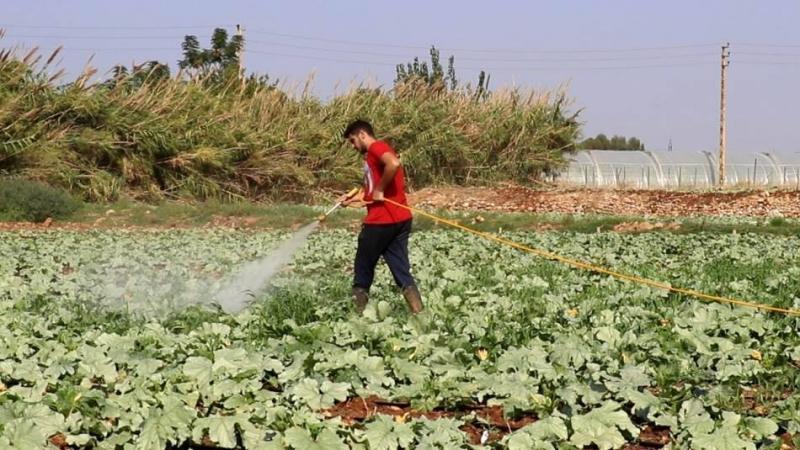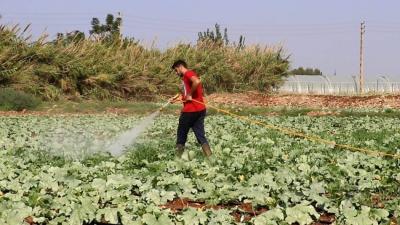A few weeks after the emergence of cholera—a disease forgotten by the Lebanese for decades—in several areas of Akkar, field visits to the government hospital in Halba and health centers, as well as the field hospital in Babbine, revealed that the situation is improving. The outbreak seems to be contained, paving the way for an announcement of victory over this new enemy in the coming days if control measures continue to be effective.
Initially, the outbreak was confined to specific hotspots, primarily in Babbine and Al-Mahmara. Current indicators suggest that cholera will not have the same reach in Akkar as the coronavirus did, which lasted over two years, imposing new regulations and altering daily life.
The first indicator is that cholera is an old disease with a safe and effective vaccine, and preventive measures have proven effective in eliminating the bacteria. The second indicator is observed data on the ground, particularly in Akkar—the initial hotspot and the same area where the outbreak is now receding after effective containment measures, ranging from rapid readiness of the government hospital to vaccination campaigns kicking off next week without prior platforms.
Health Minister Firas Al-Abyad did not hide the improving situation during his recent tour in Akkar, noting the decline in cases at Halba government hospital, which he described as the first line of defense against cholera. The number of patients in designated cholera wards dropped from over twenty to four, while the field hospital in Babbine reported a decrease in hospital admissions. All these indicators confirm that the situation is heading towards full containment of the disease.
Conversely, the cholera outbreak has led to some benefits for certain municipalities that, under the pretext of the epidemic, have managed to bring in projects like drilling deep wells and sewage systems, along with improving health centers. Al-Abyad made a notable point to the municipalities when he said, "Every adversity has its advantages," referring to his conversation with the Prime Minister about funding these municipalities to manage waste.
However, for farmers, the outbreak has brought no benefits. They report a significant decline in the sale of Akkar's fruits and vegetables due to an unprecedented market downturn, with many locals refraining from purchasing regional produce after it became known that it was irrigated with contaminated water. Farmers' attempts to convince consumers that their lands are watered from underground wells have had no effect, thus highlighting a new problem engendered by the cholera crisis that is just as critical as others.
Minister Al-Abyad is now aware of this situation after hearing the concerns from Akkar farmers, particularly the Mayor of Talbireh, Abdul Hamid Saqr, who called on the minister to find a solution to support farmers' seasons in Akkar, especially in the plain area, as no one is buying their products due to the stigma brought about by cholera.
While the cholera vaccination campaign has begun in Akkar, another train—the sale of vegetables and fruits—has come to a halt. For instance, a bunch of parsley that once sold for ten thousand lira is now offered for one thousand lira or even five hundred, with no buyers. Some farmers have left their parsley, carrots, radishes, lettuce, and other vegetables unharvested, as the market has become non-existent. The reputation of agriculture has been tainted by the "cholera" stigma; will Al-Abyad (and his government) save the farmers from the cholera of recession and damage as they do with patients?




